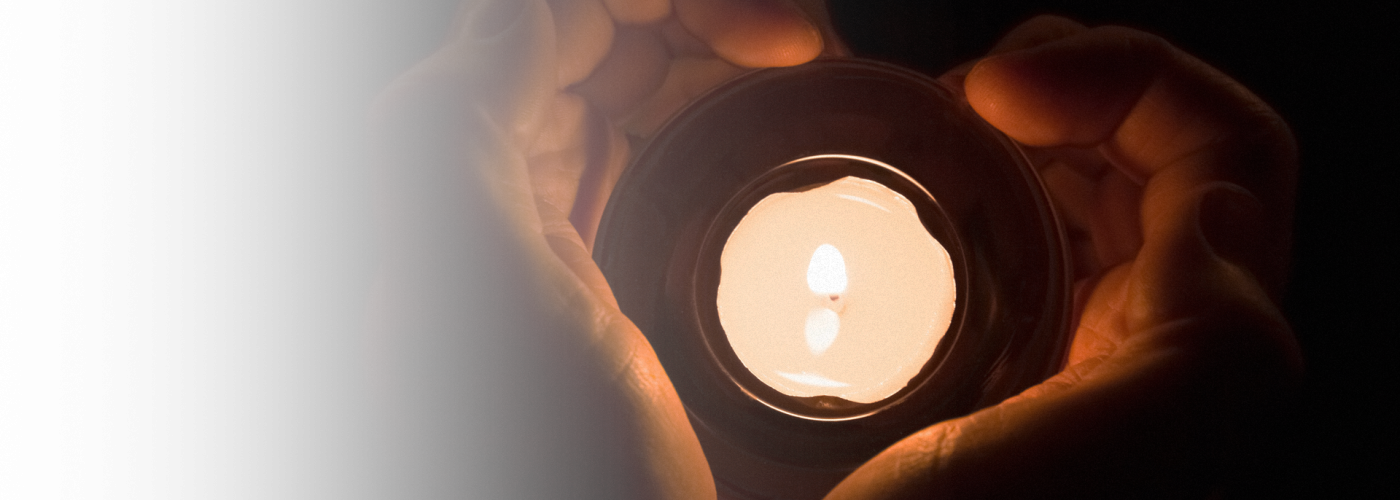HEALTH & WELLBEING

YOUR GUIDE
TO LIVING WELL:
USING JAPANESE PSYCHOLOGY
AND ACCEPTANCE
& COMMITMENT THERAPY
Mindset Coach Carly Taylor, uses Japanese Psychology and Acceptance and Commitment Therapy to teach people how to live well. Read on to learn more.
Morita Therapy is a purpose-centred, behavioural therapy created by Shoma Morita, a Japanese Psychiatrist in the 1920s. These principles can be used to improve and enrich your daily life and this article details some of which you can easily apply.
ACCEPTANCE: THE EMOTIONAL LANDSCAPE
A human brain likes to be in control as we are problem-solvers by nature, which has been really helpful as far as progress goes; but when it comes to our automatic thoughts and emotions, it can be very unhelpful. We are emotional beings and the uncomfortable emotions such as sadness, fear, worry, anger, frustration, are just as much a part of our emotional landscape as happiness, joy, love, excitement. In fact, if we didn’t experience these uncomfortable emotions, we would not have survived as a human race. Just imagine a caveman skipping through the jungle on a hunt, with not a care in the world – he wouldn’t last very long!
Acceptance of this emotional landscape leads to co-existing with the discomfort of emotions, without allowing them to dictate your actions. Trying to control and get rid of emotions can result in struggle. Rather than living a life based on emotion, you can live a life based on what is important to you, how you want to live your life, and how you treat yourself and others. And then, the emotions come along with you for the ride.

Morita based his work on three principles:
- 1. Accept your feelings.
- 2. Know your purpose.
- 3. Do what needs to be done.
When your actions are based on emotion, you are often so fused with that emotion that you feel like you don’t have a choice but to act on it. It’s important to practise and develop skills to create space between your emotions being triggered and the action you take.
Viktor Frankl, the famous psychiatrist who wrote “Man’s Search for Meaning” has a quote which happens to be one of my all-time favourites:
Between stimulus and response there is a space. In that space is our power to choose our response. In our response lies our growth and our freedom.
The space allows you to respond rather than react.
It gives you a moment to rationally decide what choice to make, based on your purpose and values, rather than on emotion. For example, how many times have you yelled at someone in the midst of anger then regretted it later? Or how many times have you pressed send on an email, only to wish we could go back in time? Or how many times have you eaten food to give yourself short-term relief from emotions? So how can you create that space?
The number one go-to should be your breath. When you are triggered by someone, or something, take a deep breath before reacting. Doing so creates space for you to notice the emotion that has come up, without getting caught up in it. Notice it with curiosity and without judgement. Research has shown that if you name the emotion out loud, it decreases its intensity. By noticing and naming the emotion, breathing into and creating space around it, you can then respond in a way that is aligned with what’s important to you.
You may not be able to control your emotional response to situations, but you can control how you respond to those emotions.
USING YOUR ATTENTION

When you get caught up in emotions, or ruminating thoughts, your attention becomes inward, focussing on yourself and the discomfort you are experiencing. This is called “self-focussed” attention. The more you focus on yourself, the more you spiral down; it’s like throwing fuel on the fire.
We’ve all experienced it, some worse than others; when your attention is so caught up in your internal world, you become oblivious to the fact there are a whole lot of other wonderful things happening around you. You can miss out on micro-moments of joy, such as a bird on a telephone wire, a perfect spider web, or the look of love our dog gives you when you walk into the room.
Attention can be redirected, and you have control over where it is directed. Imagine your attention is a beam of light shining from a torch and you have control over where that beam of light lands. You can direct it inwards on the uncomfortable thoughts going on in your head, or the physical sensations that anxiety creates; or you can shine it outwards on the world around you. Even in the darkest days there is always a moment of joy to be discovered.
A very simple, but effective approach to upskill your use of attention is to use your senses. Your senses are always there for you, whatever is going on in your head and body. I use a simple exercise with my clients, where they look for five things that are blue in colour. It can be something as expansive as the blue sky, or a detail on a bike. It can be different shades of blue. All you need is your sense of sight and a little creativity and focus.
Of course, this doesn’t get rid of the thoughts and emotions, and that is not the goal here. You’re human, after all, and part of being human is to experience a landscape of emotions. What it does do however, is give you a mental break so you can expand your view of your situation. A bit like putting your camera to panoramic, you suddenly see beyond your problems. By creating this space, you can then calm yourself, turn down the thoughts so they’re more like a radio playing softly in the background, and then work out what it is that you need to do in that moment.
Your experience of life is not based on your life, but what you pay attention to
Gregg Krech
ARUGAMAMA

My favourite Japanese principle (pronounced “Ar-ru-ga-ma-ma”) roughly translates to “Life as it is”, refers to accepting whatever life has thrown at you – whether you like it or not. This is “life as it is” in this very moment. So often our struggles are based on what we can’t accept as the truth. Arugamama isn’t a passive acceptance. We’re not throwing our arms in the air and putting up with anything; arugamama is an active acceptance.
A good question to ask is:
With things as they are, what needs to be done?
None of us will go through a life without challenges. At times, life will be hard and as Buddha said “life is suffering”. Whatever life throws at you, accepting it and then working out what needs to be done is a very hard thing to do; but it is the most effective way to manage difficult situations and to ensure you keep moving forward.
Striving to find meaning in one’s life is the primary motivational force in man.
Viktor Frankl
GET CLEAR ON YOUR VALUES
If you’re not basing your choices and behaviour on emotions, then what do you base your life on? Getting clear on your values will give you a compass to base your choices on. Your values are the direction you want to go in, and action is that first step.
If being fit and healthy is important to you, then even when you don’t feel like working out, you put your gear on and go. If you know sleep is important for your mental health, even if you feel like watching Netflix on a Tuesday night, you choose not to and make sleep the priority. If you want to be a calm and supportive parent, you choose to take a deep breath before responding to your kids’ challenging behaviour.
If having a loving relationship with your partner is important, then giving him a spontaneous hug even when you are super busy dealing with other things, is action that is aligned with that value.
So often we are in such a vortex of emotional reactiveness, that we forget what is meaningful in our lives. Getting clarity on the person we want to be, and being clear on how we want to treat ourselves and others, gives us the compass to continuously move in that direction.
Just like building muscle or playing the piano, living a life based on purpose is a skill that requires practise. We will never be exonerated from this work, so the ideal is for it to become a naturally integrated way of life.

CARLY TAYLOR
Carly is a Mindset Coach trained in ACT (Acceptance and Commitment Therapy) and Japanese Psychology. She has a passion for helping people to manage their thoughts and emotions, make positive change and live a life aligned with their values. She is also a qualified nutritionist and personal trainer. Learn more at carly_taylor_coaching on Instagram or visit www.carlytaylorcoaching.com.au